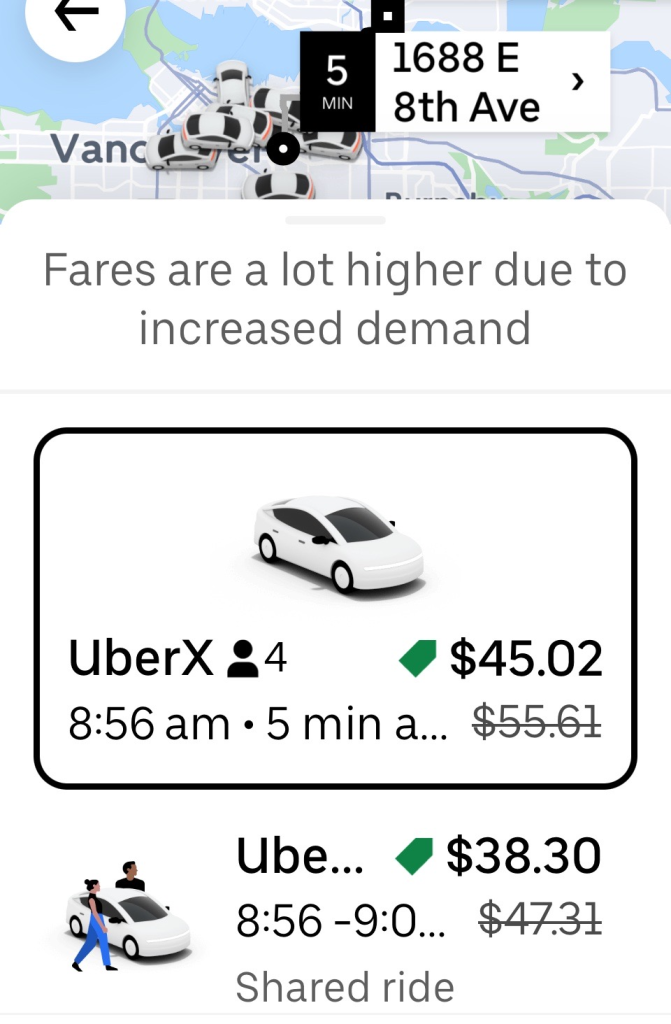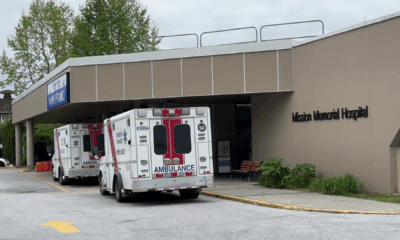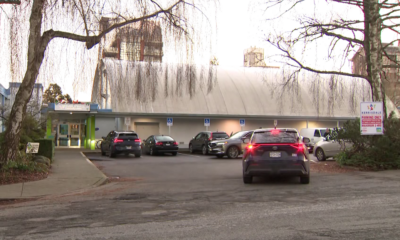Local News
Metro Van transit strike has commuters concerned about expense

Tens of thousands of people are being affected as the bus strike is underway Monday and many are trying to nail down a plan to figure out how they’ll get around.
It’s a stressful time given a lot of people rely on the service to get to work, school or just to run errands, like picking up groceries.
At one 99 B-Line stop in Vancouver, one of the busiest on the networks, some people said they had a backup plan, while others are being left with limited options.
“I don’t know. I’ll probably call in sick,” one woman told The Leader Spirit.
“I might ask my friend who has a car. She’s my colleague at work, so I’ll ask her to give me a ride,” said another woman.
Others said they’ll lean on a parent or spouse to drive them around.
One woman, considering carpooling, is worried there won’t be enough space if everyone jumps on board.
Others said they’d notify their managers with a request to work from home but weren’t sure how long they’d be able to do that, while others expressed concerns about potentially having their hours cut back if the strike dragged on.
A trip from Cambie Street and Broadway to North Vancouver, Jan. 22. (Courtesy Uber)
One thing that made some bus riders feel uneasy was how expensive their commute was about to become if they have to lean on cabs, ridesharing, or ride-hailing, especially when you factor in surge pricing — something some people experienced during last week’s snowstorm.
“It’s for sure going to be more expensive,” said one man who takes the bus to work. “When it started snowing, it was up to $50 to go to work and I can’t really afford that every day.”
“I can take a Lyft or Uber but that’s not really ideal, because everyone’s going to take that as an alternative,” said one woman.
“I can’t afford to do that. It would not be financially reasonable to do that,” stressed another person.
As of now, the job action is in place for 48 hours and no announcement has been made to get back to the negotiating table.












